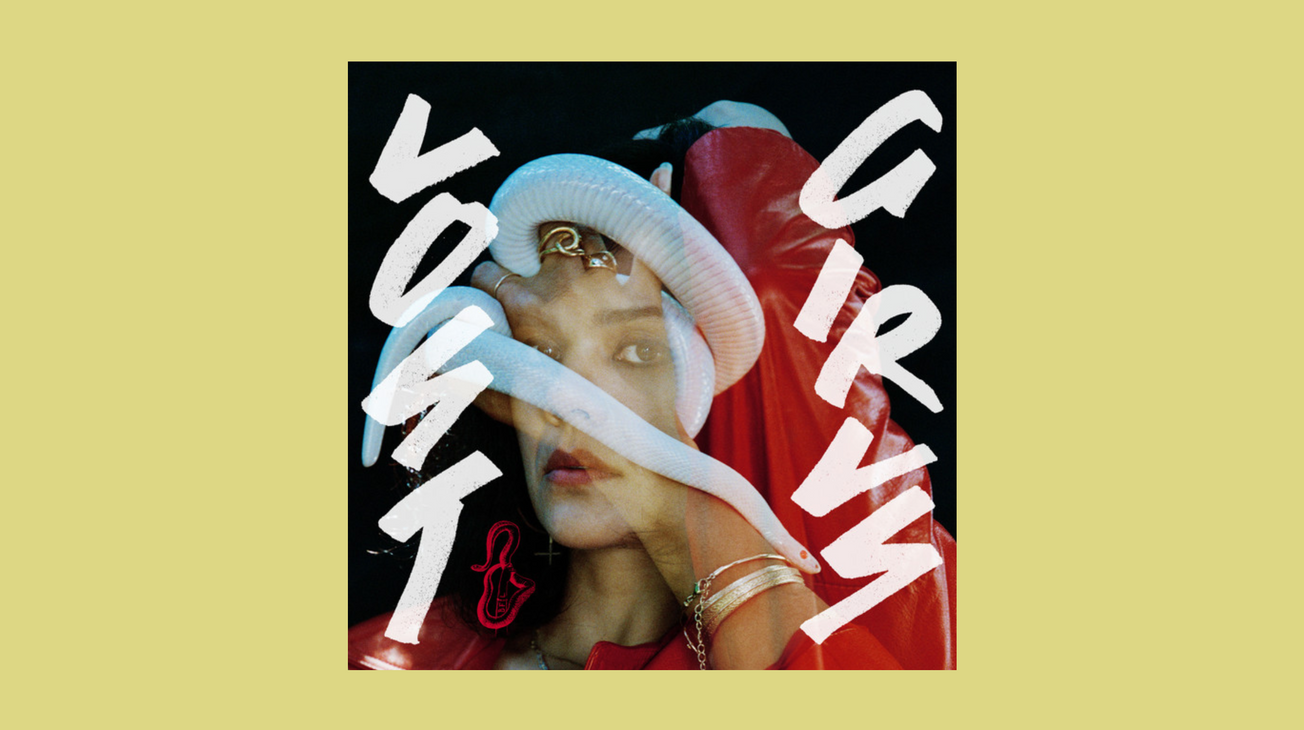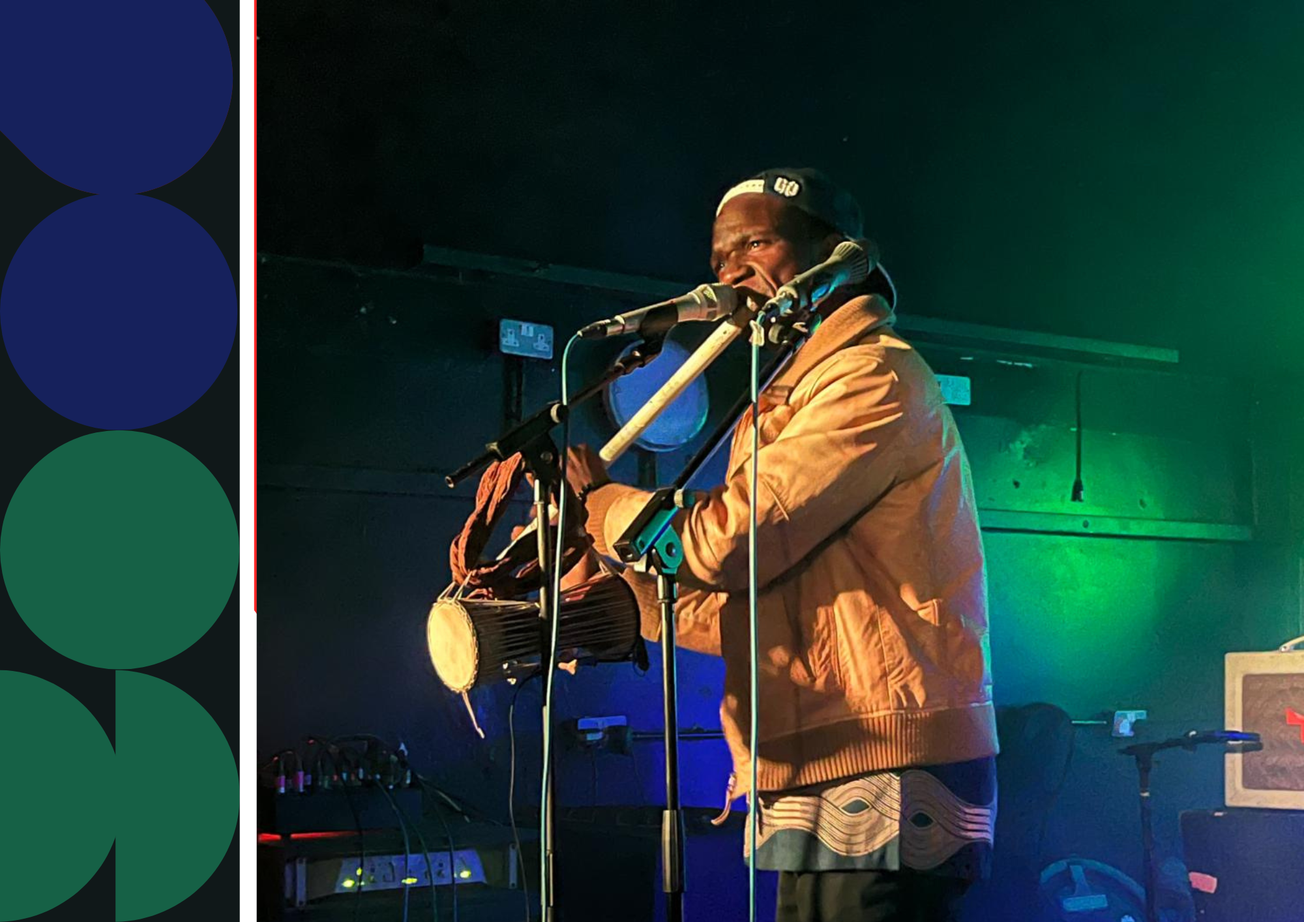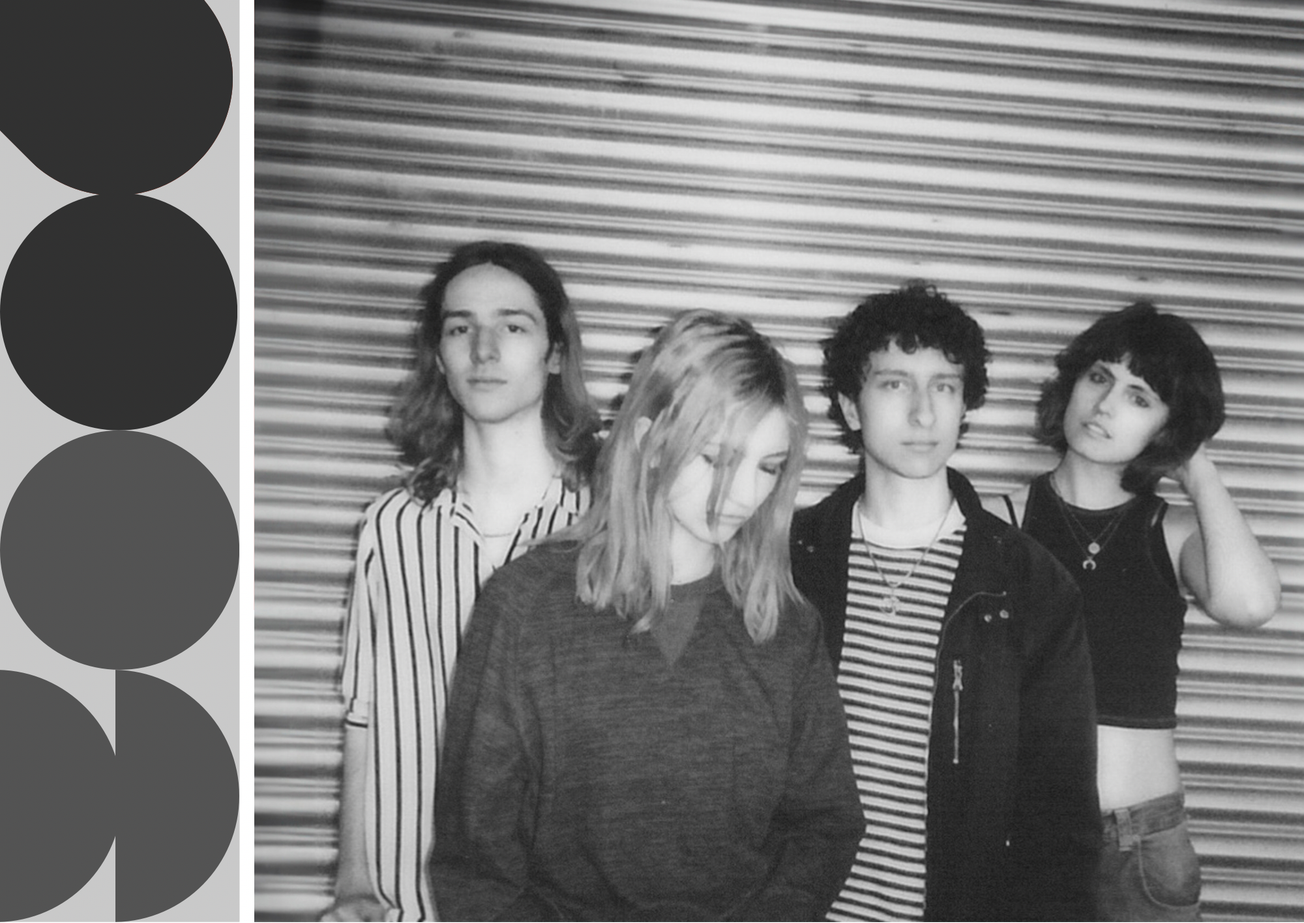By Poppy Bingham, Second Year Music
With her latest show-stopping 80s inspired album, Bat for Lashes proves that she is well deserving of a reputation as an art pop giant.
Natasha Khan, aka Bat for Lashes, has historically been regarded as a talented storyteller, with her previous albums each featuring fleshed out concepts, eccentric alter egos and vibrant tales. Ever since falling in love with the heartbreaking single ‘Laura’ from her 2012 album The Haunted Man, I have been enraptured by her magical narratives.
Lost Girls takes this depth of storytelling to a new level. The album concept began with a soundtrack for an 80s inspired film, with a screenplay to accompany it. A curious love story featuring alien fascinations and haunting supernatural biker gangs. In an interview with NME, Khan expressed her passion for the paranormal and how her favourite childhood films included these kind of mystical themes; Lost Girls directly harps back to this nostalgia. With these ideas creating an aesthetic foundation, the music fell into place very quickly. The 80s influences spring out when listening to the album, and are reminiscent of loved artists from the era, mirroring the styles of David Bowie and Depeche Mode. It’s equally as moody and evocative, and her heavy use of synths introduces a gothic sound.
Khan also described how her move to LA before creating Lost Girls rekindled her creativity and inspired her narrative. Living in California has proved to be a formative element when establishing the album’s sound, with it’s clear psychedelic and dream pop influences. There seems to be a whimsical echo of other artists also inspired by the California-style ‘American dream,’ such as Lana Del Rey.
Although the creation of Lost Girls begins in a similar style to Khan’s previous albums, it also sounds startlingly different. The album is far more playful and upbeat than her former releases, while simultaneously being more conceptual and dark. Khan’s exit from her record label, Parlophone, made her feel ‘liberated,’ and without any pressure from a record company, she felt free to explore new pathways. This freedom, combined with her move to LA and 80s inspirations, has led to the creation of such a new sound, which is evident in Lost Girls.
The album feels surreal and hazy from start to finish, with many of the tracks contributing a perfect blend of playful melancholy. Songs like ‘Desert Man’ and ‘Peach Sky’ have a particular ethereal fluidity to them, with layered textures, gradual build-ups and echoey vocals. Alternatively, ‘So Good’ is a brilliant display of Khan’s talent for writing moody yet upbeat tracks, with bouncy rhythms and dancey synths reinforcing the 80s vibe. However, the variety of songwriting in Lost Girls stretches from gothic rock to dance to purely instrumental. Tracks like ‘Vampires,’ feature distorted guitars and a soaring saxophone lead, which pairs well with the fantastical imagery. ‘Mountains’ stands out from the other tracks for being especially emotional and sounding more reminiscent of her previous work, bringing the album to a profoundly heartfelt close.
The true essence of Lost Girls is Khan’s ability to conjure up a kaleidoscope of emotional nostalgia, and a story with two sides: light and darkness. The impulsive and exciting love story overshadowed by powerful occult forces. The many influences which combine to form Lost Girls create a fantasy world which blurs the line between reality and fantasy, modern and vintage. Devising a soundtrack masterpiece fit for a future feature film.









